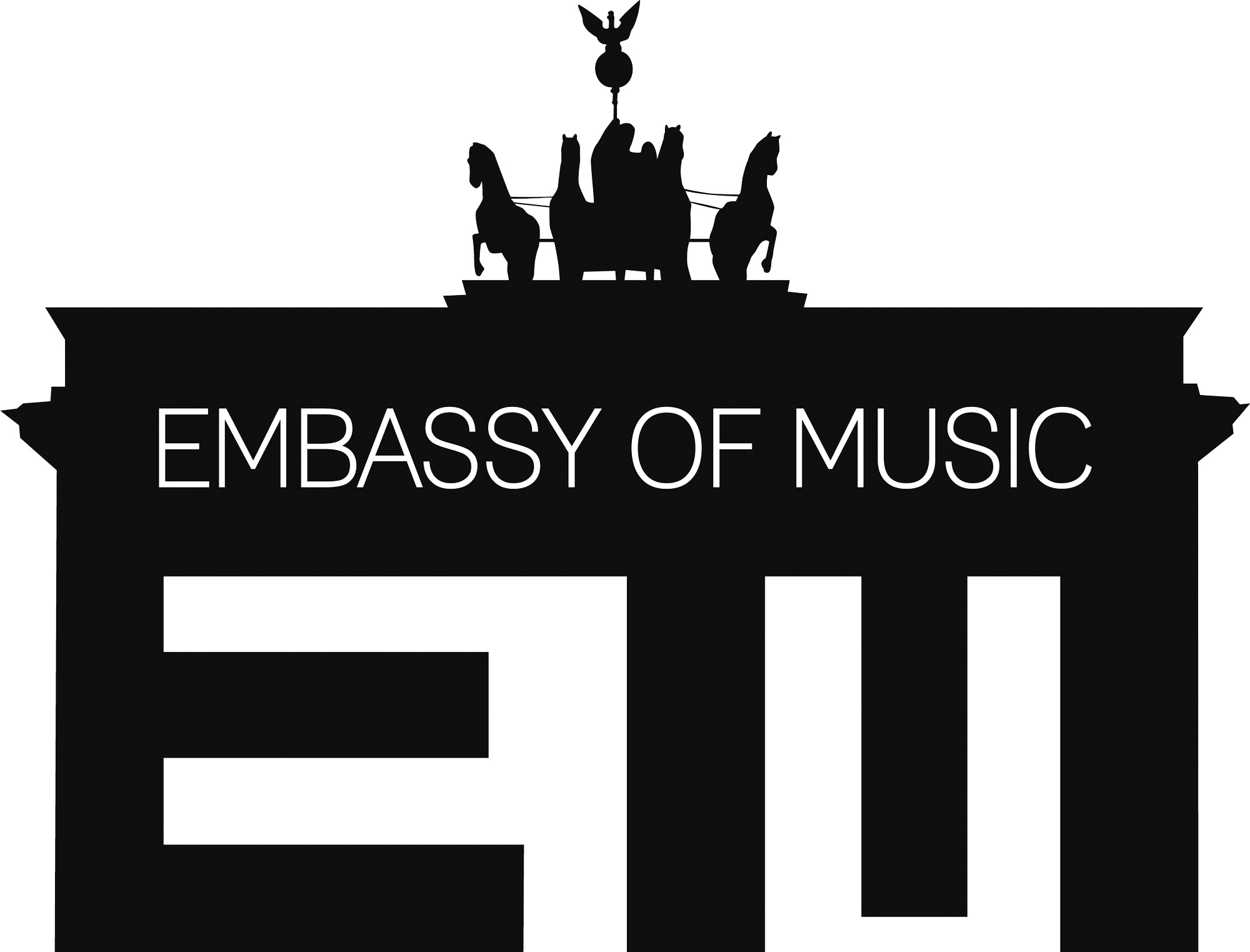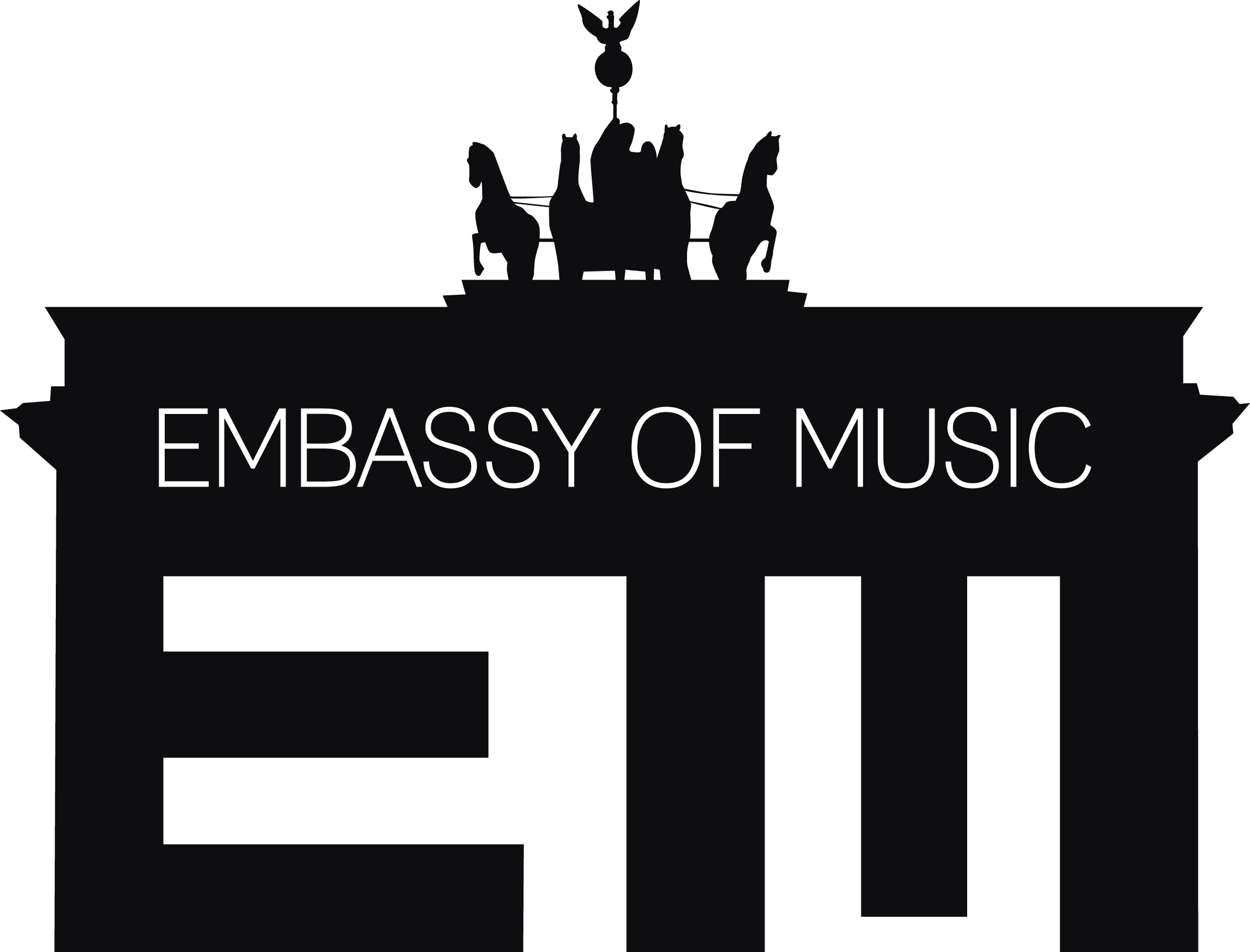About This Project
 After 20 years in music, Alex Vargas charted his unique path, influenced by his father. Meeting a manager at 16, he moved to England to follow his music dream.
After 20 years in music, Alex Vargas charted his unique path, influenced by his father. Meeting a manager at 16, he moved to England to follow his music dream.
After being set up with various songwriters, Vargas became the frontman of the band, Vagabond. Despite mainstream recognition, which saw them play at Glastonbury and open for acts like James Morrison and The Script, Vargas quickly became disillusioned with the direction that the band was being pushed in. After contending with what became a toxic work relationship, Vargas made the difficult decision to split from the record label and go solo. “We got moulded into something that we didn’t want to sound like with my vocals slapped on it,” he recalls. “I remember having this feeling that I wasn’t where I was supposed to be. I was 19 years old and scared shitless because I had an idea about becoming a rock star. Management was just telling me that if I stick it out, I could make it and call the shots. But there are very few people who actually get up there, and if you fail and you haven’t stayed true to your core along the way, then all the work you’ve done suddenly becomes quite damaging. That gut feeling that I hadn’t been paying attention to for so long was just suddenly screaming.”
Recovering from the traumatic parts of that experience took time for Vargas, who found himself in a very difficult period of his life. “It took a long while,” he concedes, “especially when you’ve worked with someone who has picked you apart and has left you feeling like a raw nerve. I had to figure out who I was again as a creative, and find my strengths again.” By this point, he had spent much of the money he had earned, and was left without a tangible musical outlet; but it was at this ebb that Vargas found himself turning to songwriting to process his emotions. “It was in that moment, even when I felt like I didn’t belong in music, that I needed to make it. I found myself writing songs. it became therapeutic for me,” he explains. “I suddenly, finally, became aware of my own needs and the way I wanted to do things. My relationship with my then-manager shifted because I was now an older artist, but it took being that low. It was when my money disappeared, and when I found myself working in a pub, no longer with my pop star girlfriend that it all psychologically came together. My priorities shifted.”
From then on, Vargas committed to paying attention to his gut feeling — and it remains the primary piece of advice he gives to aspiring artists: “If you feel uncomfortable in a situation, you are allowed to get up and walk out.” At 24, Vargas wrote a song titled, ‘Howl’, which completely changed his approach to his career. “I had never touched on that kind of sincere songwriting in my younger years, it wasn’t really encouraged. We were pushed to chase the big pop songs all the time. But when I wrote ‘Howl’, it really meant something to me. It made me want to prioritize the craft, and becoming a better singer rather than ‘making it.” Vargas proceeded to hone his falsetto, which has since become a large part of his repertoire, and even started to learn about production. “I started recording demos and playing around with a lot of electronics. I got my first studio, and suddenly, it started to feel like I had something serious going on. it was because I wasn’t chasing something; the important thing was the craft, and the passion and desperation I had to play live.”
Certainly, one thing that has stayed constant throughout Vargas’ storied career is his love of performing. Having established himself as a notable act throughout Denmark, the EU and beyond, Vargas has played at leading festivals including Glastonbury, T in the Park, and Roskilde Festival, as well as culturally important venues, including the Royal Opera House in Copenhagen. “It comes from my days in theatre,” he comments. “When I’m on stage, I get to walk on being whoever I want to be… Sometimes, I catch myself thinking that I must write songs just so I can go play them live because it is a huge outlet for me. You share that moment with everyone when you lay your heart out for them. I don’t drink before I play now, but I’ve remembered coming off stage sober and my pupils being dilated, there’s no other feeling like it.”
Now, having found the correct path for himself, through trial and error, Vargas is excited to reveal his new sound to the world. The musician, who is a father of two, has successfully built on his capacity for raw, vulnerable songwriting that is perhaps best showcased by his 2017 hit single, ‘Shackled Up’, where he speaks with relatable ease about a difficult relationship and its breakdown. His new record showcases his trademark soaring vocals, but with a newfound, clean-cut optimism as evidenced on the album’s first single, ‘Yougazer’. With more of a pop and jazz-inflected bent, the track projects unabashed confidence as he proclaims, “Love me anyway”.
Opening with a grander sound, the album’s first track, ‘Mama I’ve Been Dying’, sees Vargas speak about finding his way after being “completely lost”. The following songs detail subject matter that he has never delved into before, such as life after the honeymoon stage, having children, and reconnecting with his father after 10 years. It’s a wonderfully open album, which perfectly showcases this new stage of Vargas’ career and life. As he says so eloquently about the song, ‘Pickles: “It’s about weekends with my family and a romantic view of what days look like. I wrote it late one night when they were asleep. Ironically, the next morning was fucking chaos.”
Speaking about his previous 2019 album, Ego (Super/Trip/Maniac) and reclaiming his happiness, Vargas says: “My last record was put together just after my sister had died, and it became very introspective. It was made out of a necessity, but afterwards, I wanted to do a different album, and turn myself towards the crowd.” In creating it, Vargas broke out of his traditional chord structures and delved into the sounds of the 60s and 70s, which naturally shifted his approach to songwriting. “I’m allowing myself a bit more colour,” he says. “I’ve found a sense of having fun with music that I’ve not really had since I first started songwriting as a carefree teenager.” In short, it’s evident that this is an artist who has found his place, and is confident about where he’s headed next.
Follow Alex Vargas: Facebook – Instagram – YouTube – Spotify



